Commentary
-
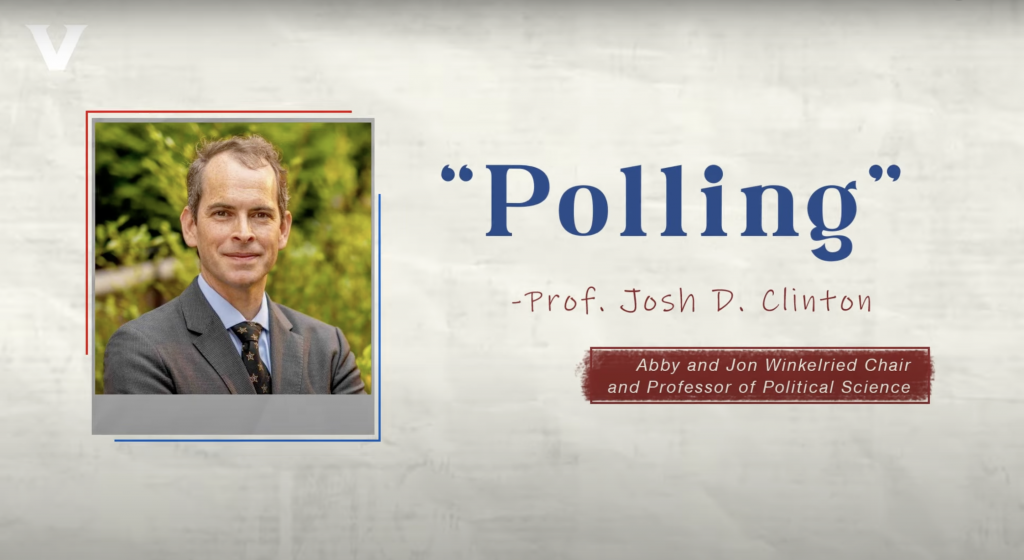
Not All Polls Are Created Equal
by Joshua D. Clinton, Abby and Jon Winkelried Chair and Professor of Political Science All polls are not created equal. Pre-election polls designed to predict winners can be imprecise because they must figure out two things: First, who is going to vote, and second, who those… Read MoreMay. 19, 2022
-
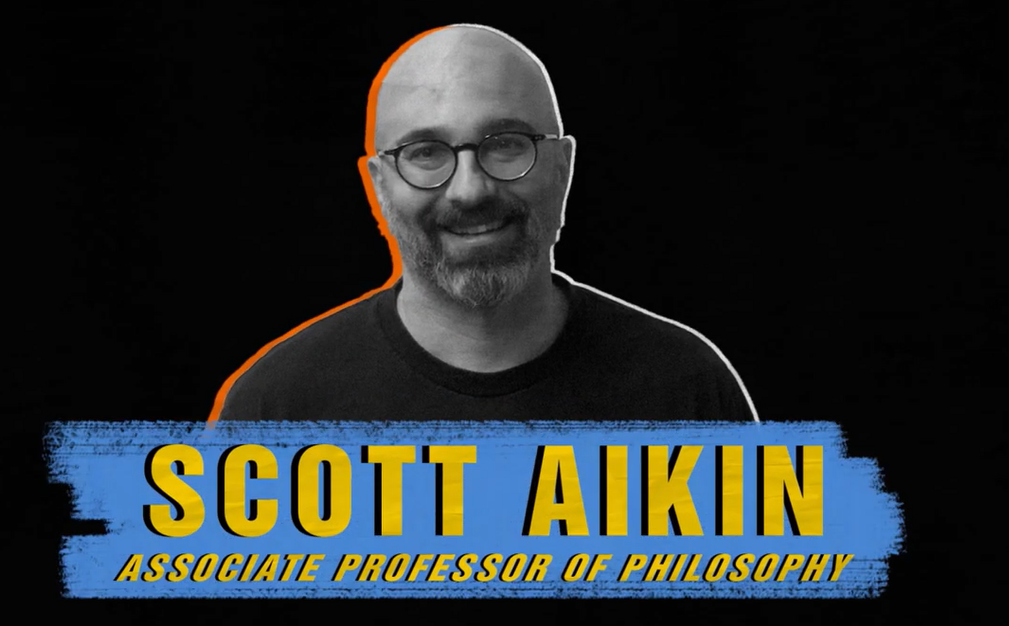
Straw Man Arguments in Political Debates
Employing straw man arguments in political debates signals we are not taking an opposing point of view and their reasons seriously because we misrepresented them from the outset.” Vanderbilt University’s Scott Aikin details the faults of a straw man argument in our most recent Democracy Minute. About the author:… Read MoreApr. 6, 2022
-
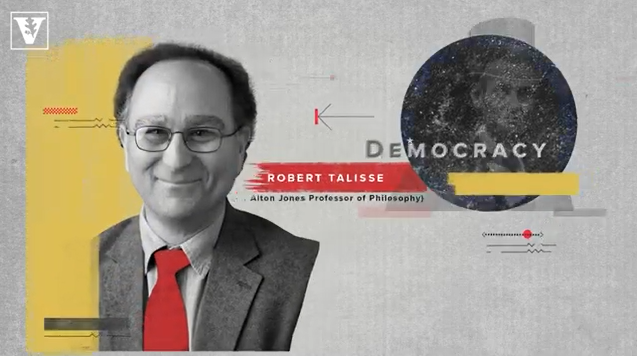
Overdoing Democracy: When Politics Saturates Our Lives, Civic Capacity Suffers
Robert Talisse This video essay, Overdoing Democracy: When Politics Saturates Our Lives, Civic Capacity Suffers, is brought to you by the Vanderbilt Project on Unity & American Democracy. Written and edited by Robert Talisse. Robert Talisse is the W. Alton Jones Professor of Philosophy at Vanderbilt University and author… Read MoreJan. 27, 2022
-
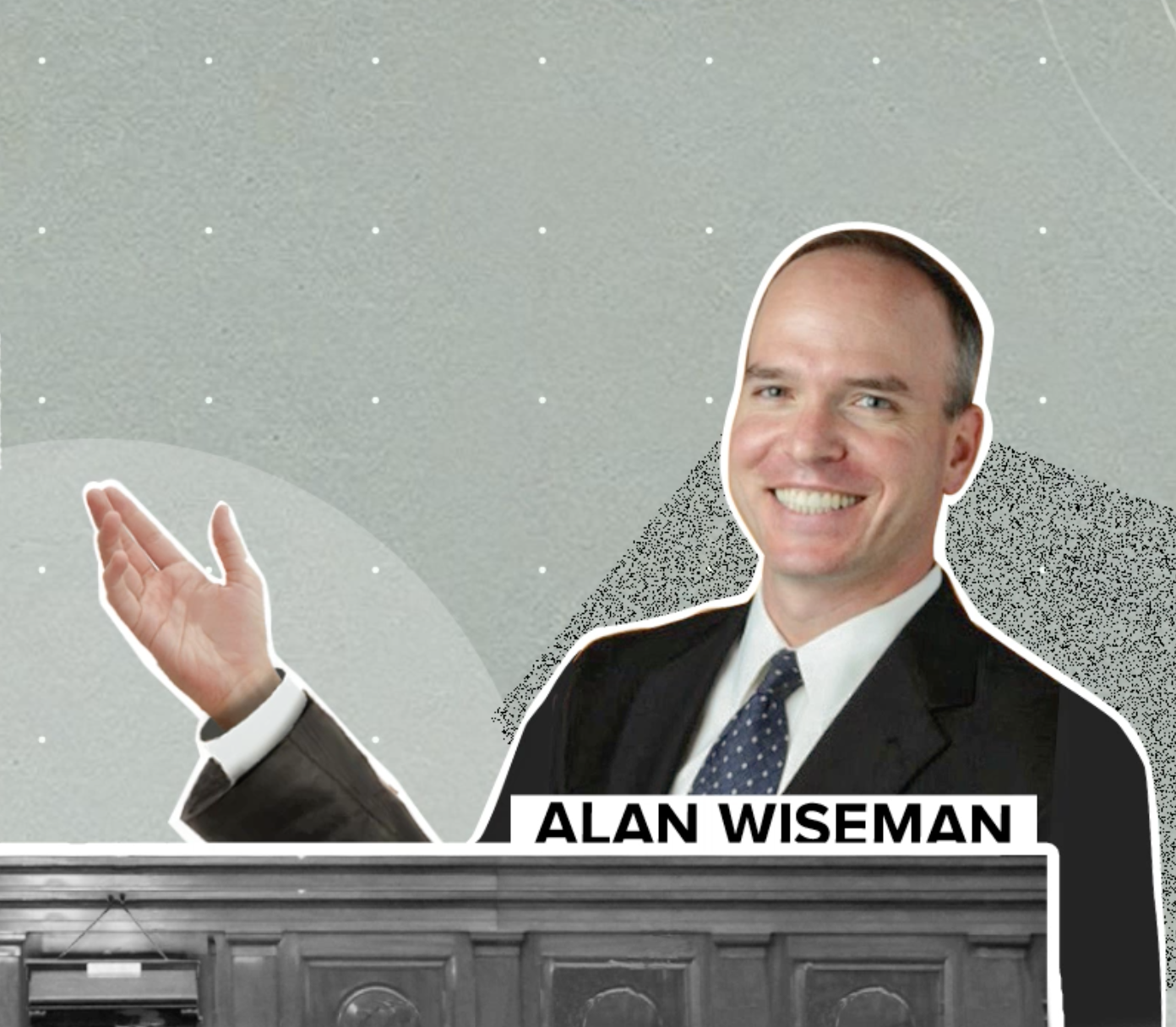
Effective Lawmaking: How Power Has Shifted in the Last Quarter Century
Alan Wiseman on Effective Lawmaking There are 535 members of Congress who attempt to pass legislation on behalf of their constituents. However, not all members have the same chance at passing laws, with much of the true power held in the hands of the few. Until the 1990s, House committee… Read MoreJan. 19, 2022
-

Coming Together—Unity and How it Rolls
Unity’s definition is too often inspected under a microscope—or rather a macroscope—of division among differing groups at a grand scale, lacking little attention to the methods by which unity arrives among all groups, such as those characterized by an overlapping interest, belief, healing wound, or relationship. Even more so, all forms of unity—whether it is nations or neighbors—share a common thread of connection which permits for a sustainable agreement. Read MoreSep. 28, 2021
-

Unity, a Way of Interaction
By: Hee Na Cho, Class of 2025 When it comes to unity, the question often asked usually does not concern its definition; rather, many choose to consider the question, “Why are we polarized?” As a freshman with no extensive knowledge on political science, I would have trouble explaining where unity… Read MoreSep. 28, 2021
-
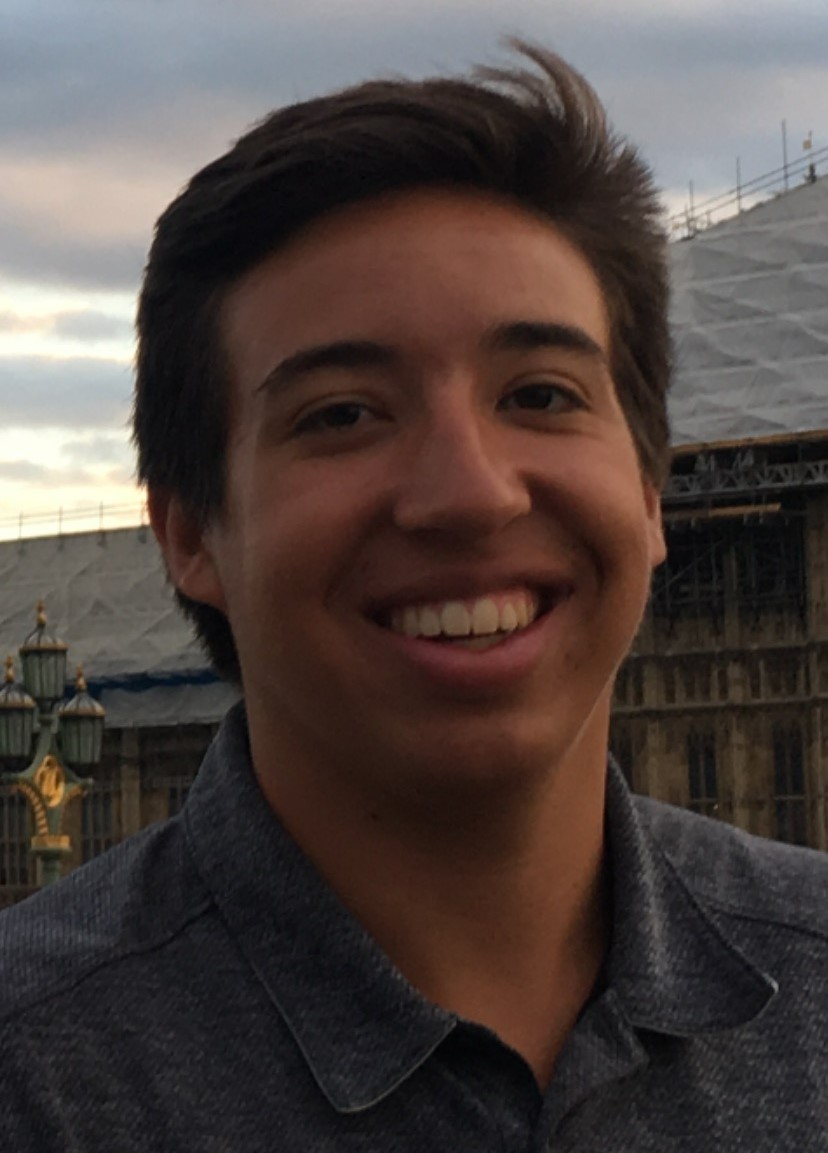
E Pluribus Unum. “Out of Many, One.”
By: Brennan Cegelka, Class of 2023 On the day America declared its independence from Great Britain, the Continental Congress tasked three of our most esteemed Founding Fathers – Benjamin Franklin, Thomas Jefferson and John Adams, with creating the first seal of the United States. While the seal they proposed ultimately… Read MoreSep. 28, 2021
-
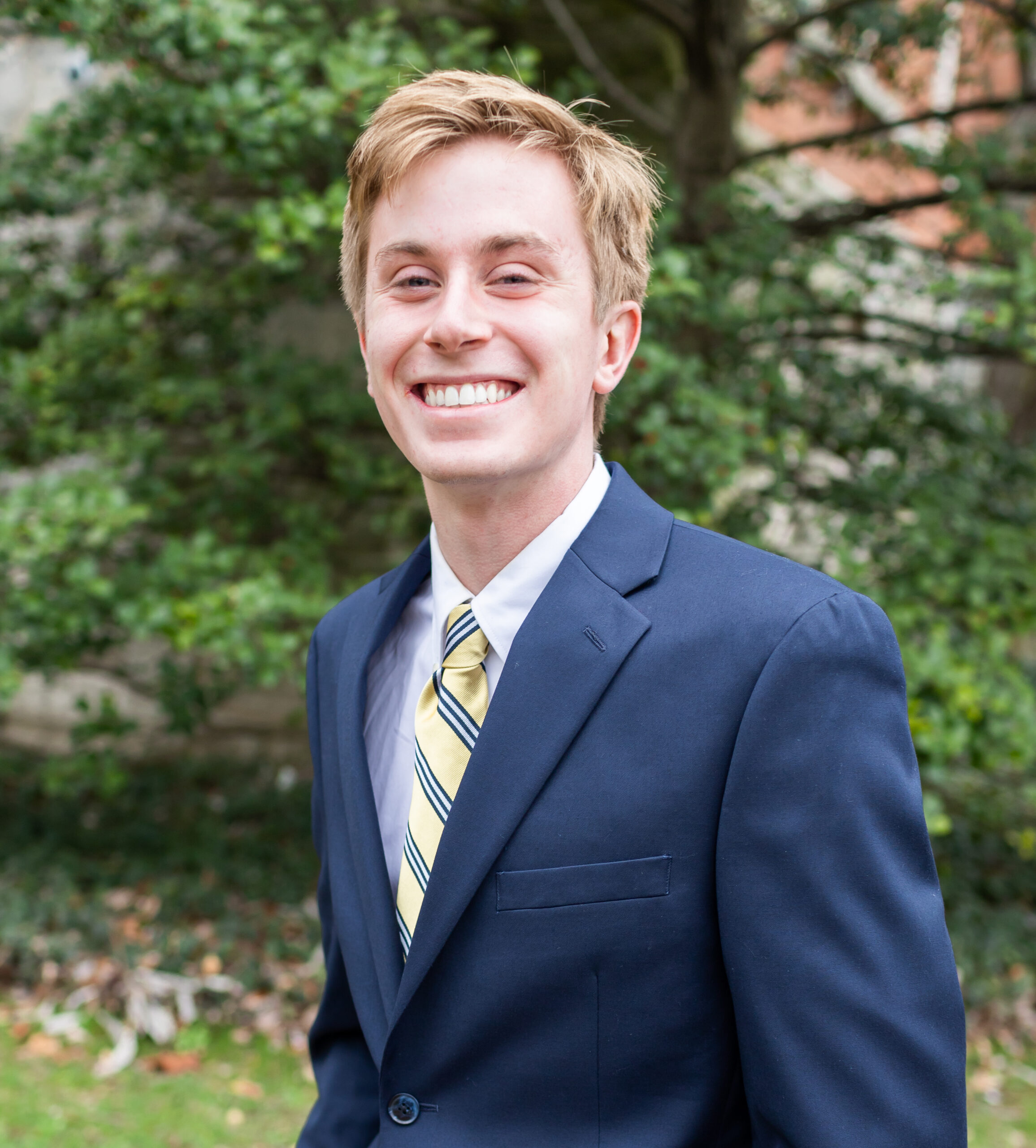
A Unity of Goodwill
By: Daniel Baisier, Class of 2022 Unity: it seemed to be the Biden campaign’s favorite word. Since January, it has also become a subject of mockery by Biden’s critics. When Congress passed a $1.9 trillion COVID stimulus bill along party lines and when Biden took jabs at Republican-backed changes to… Read MoreSep. 28, 2021
-
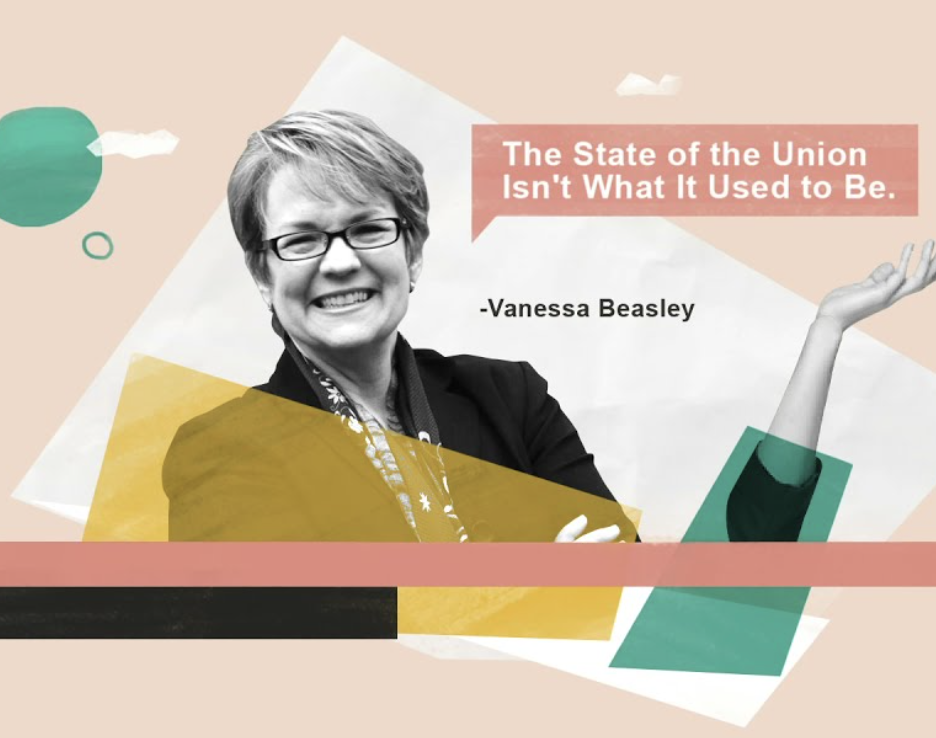
The “State of the Union” Isn’t what It Used to Be
The Constitution requires a president to deliver an annual message to Congress, but it does not impose any specifications. As the history of this paramount speech has evolved over 200 years, the presidents’ words matter, but increasingly theatrics and Congress’ response influence the American people’s perception of leadership. Unlike the oath of office, which remains unaltered since its drafting by the founders, the style, substance and schedule of this annual tradition continues to evolve. As Biden prepares to address Congress, visual cues from attendees may provide more clues than the speech’s text about the trajectory of the Biden Administration’s relationship with Congress. Read MoreApr. 26, 2021
-

The Republic of the Inattentive
Despite conventional wisdom, behavioral evidence repeatedly suggests that most Americans are not avid consumers of political news. Instead, they are spending an astounding amount of time engaging with entertainment media. It is time to face the extent to which politics and non-political media consumption are closely intertwined. The role of ‘The Apprentice’ in the rise of President Trump is one such example. Going forward, politicians need to rewrite the standard political playbook to reach an inattentive public. Read MoreApr. 5, 2021